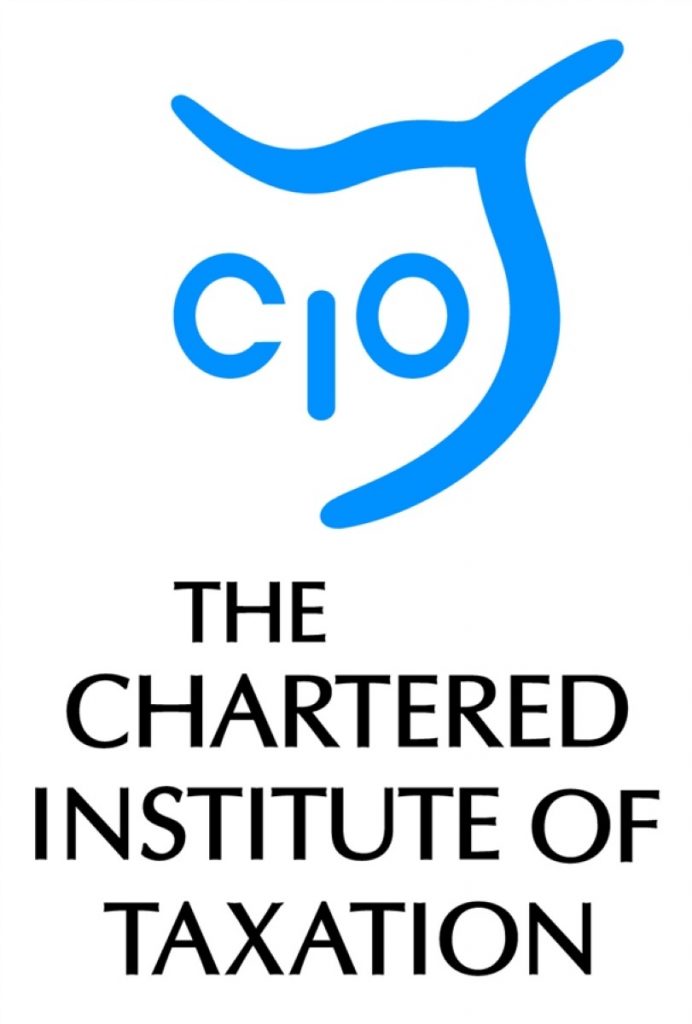CIOT: Tax advisers welcome HMRC rethink on copying forms to agents
The Chartered Institute of Taxation (CIOT) has welcomed the announcement by HM Revenue and Customs (HMRC) of a partial rethink on the withdrawal of sending copies to taxpayers’ agents.
HMRC announced in September that, as part of their drive to save costs, they planned to stop issuing tax agents copies of some documents that are sent to their clients. In response, the CIOT issued a statement saying it was extremely concerned that this measure would result in additional work for HMRC, taxpayers and their agents and potentially lead to additional costs in excess of the amounts saved.
A briefing note circulated to tax bodies by HMRC this week states that:
. For the time being at least, agent copies of forms P800 (Tax Calculation), SA250 (Entry to Self-Assessment letter) and SA251 (Exit from Self-Assessment letter) are to be retained;
. Agent copies of P2s (PAYE Coding Notices) will still be withdrawn with immediate effect, but the form sent to taxpayers will include a message suggesting that they show it to their tax agent or adviser;
. HMRC will reinvest some of the savings from withdrawing agent copies of P2s towards an IT solution which will allow e-enabled agents to view P2s for their Self-Assessment clients online; and
. Procedures for two other forms – P810 (Targeted review form) and SA 252 (Letter to customers who do not submit an SA return but are liable to Income Tax at the higher rate) are still being reviewed.
Anthony Thomas, Deputy President of the CIOT, said:
“We very much welcome HMRC’s listening to the tax profession on this issue and revising their plans.
“However, we remain disappointed that PAYE Coding Notices will no longer be sent to taxpayers’ agents. Everybody recognises that there is pressure on all government departments to find savings wherever they can. But by keeping tax agents less well-informed about their clients’ tax obligations, HMRC are likely to be faced with more queries and adjustments that might in the end cost them more than they save.
“If the initiative to enable agents to view Coding Notices online is implemented successfully, that will assuage many of our concerns. Also, given that the vast majority of the costs involved in sending information to agents come from paper, printing and postage, we hope HMRC will also look at whether sending information by email offers a possible cheaper alternative to sending it by post.”
Notes to Editors
1. The Chartered Institute of Taxation (CIOT) is a charity and the leading professional body in the United Kingdom concerned solely with taxation. The CIOT’s primary purpose is to promote education and study of the administration and practice of taxation. One of the key aims is to achieve a better, more efficient, tax system for all affected by it – taxpayers, advisers and the authorities.
The CIOT’s comments and recommendations on tax issues are made solely in order to achieve its primary purpose: it is politically neutral in its work. The CIOT will seek to draw on its members’ experience in private practice, government, commerce and industry and academia to argue and explain how public policy objectives (to the extent that these are clearly stated or can be discerned) can most effectively be achieved.
The CIOT’s 15,000 members have the practising title of ‘Chartered Tax Adviser’ and the designatory letters ‘CTA’.
Sophia Bell
Technical Team Administrator
D: +44 (0)20 7340 0553
The Chartered Institute of Taxation
Registered charity number 1037771
www.tax.org.uk
The Association of Taxation Technicians
Registered charity number 803480
Registered company number 2418331
VAT Registration Number 497 5390 90
www.att.org.uk
1st Floor, Artillery House, 11-19 Artillery Row, London SW1P 1RT





-01.png)